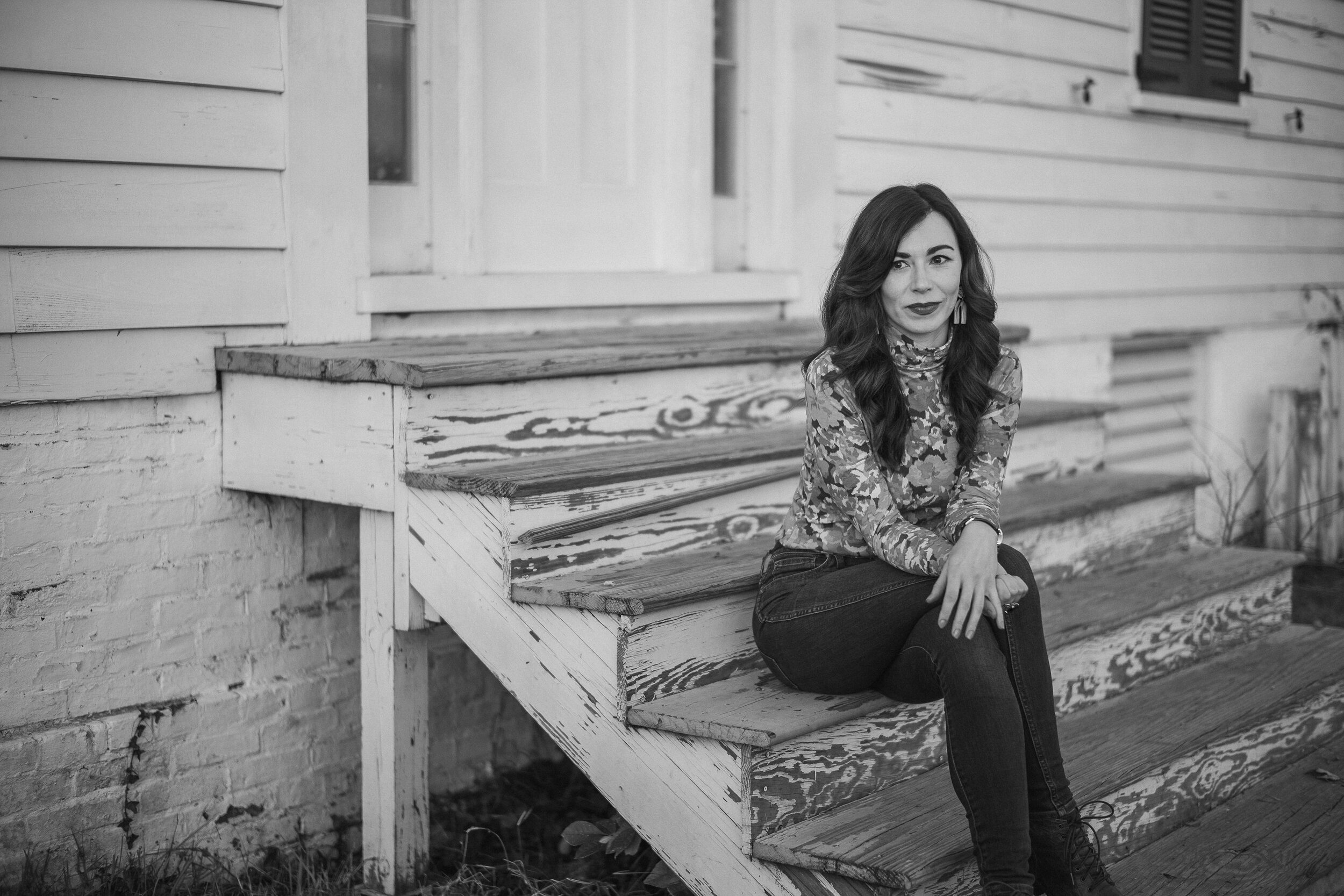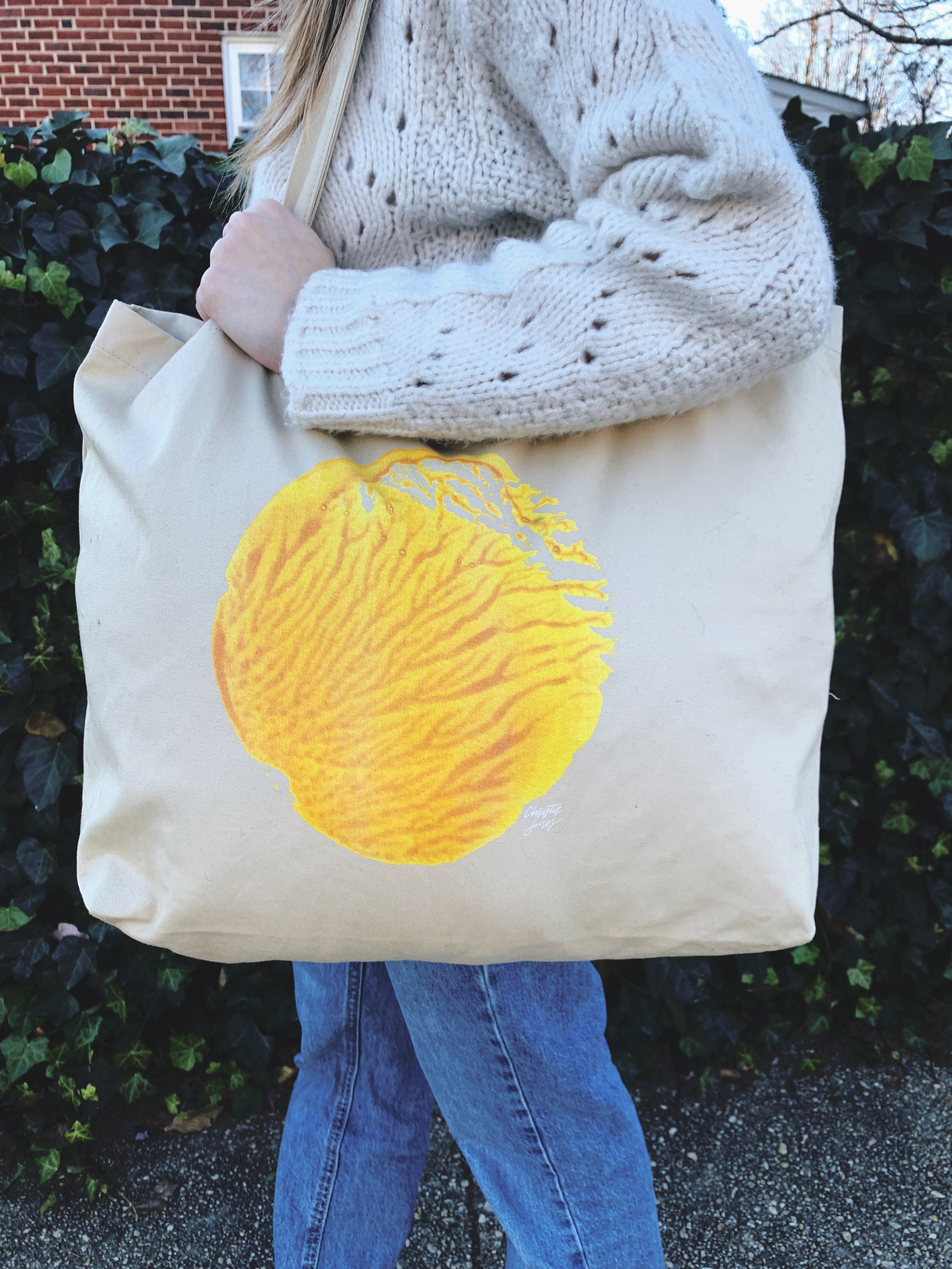How I, as someone who grew up poor, felt watching Moses Storm: Trash White
Story by Jennifer Cooper
Photo credit Rotten Tomatoes
I wasn’t as poor as Moses Storm. Not that either of us signed up for the Adversity Olympics, but if we had, he’d win.
For instance, I was only homeless—or, to use the term the lady “who looked like an NPR tote bag” that approached him after his show told Storm she’d prefer he use, “houseless”—once in my life. And I have no memory of it since I was a baby at the time, and it was only for a couple of weeks or maybe a month. The exact length of time is hazy because when I ask my mom about it, all she says is, ”Oh, we were just camping in the woods.” The base housing we were waiting for hadn’t opened yet and we had no place to stay, temporarily.
But still, whether we were in between houses or houseless, lots of what Storm said had me rolling with laughter at the absurdity of the experience so many of us had growing up. The bucket of ice cream that cost less than an empty bucket? That instant, nagging fear that stays with us well into our adult years? That feeling that we’re stupid because we have the exact same learning disability or anxiety disorder or other mental health struggle that the wealthy have, yet ours goes untreated, un-intervened upon, or ignored? That feeling that we’re unworthy of anything more? Moses made it all surprisingly, if alarmingly, funny. Then again, one of the beauties of art is its ability to transmute pain.
And like Moses Storm, who had no interest in creating a TED talk comedy special, I have no desire to romanticize or minimize the experience of poverty. I’m not an economics professor or political leader. I’m not even a culture critic.
I’m just here to say his HBO Max comedy special made me laugh, heartily. And I think you’ll enjoy it. Moses Storm is funny! He also reminded me of my own family’s stories.
His set reminds me of a work of art you’d see in the modern section at an art museum. It’s a whole bunch of trash all painted white, and at the center of it stands Storm. He himself is dressed head to toe in white. He even uses his own whiteness as part of the joke at times. It’s a whole lotta white and it’s how I grew up. Actually, it’s how most of us white people grew up. Especially those of us who come from rural roots.
Two generations ago, my great grandfather set out from a port somewhere off the Southern
European coast to make it in America. His wife eventually followed, traveling across the Atlantic with their kids. I imagine her with their brood, kids crying in the bottom of a crowded ship full of strangers all hoping for more.
My great grandmother would die shortly after arriving on U.S. soil and settling in the northern mountains of Pennsylvania. My great grandfather would go on to marry someone else and spiral into alcoholism, leaving my grandfather and his siblings to fend for themselves. My grandfather would only ever be able to scrape enough together through odd jobs to keep the house. When he died, my grandmother needed government assistance to make it through.
They wanted so much for themselves and us.
read +
In the past, when Ashley Hill told people she’s from West Virginia they often responded by humming the banjo song from Deliverance. Now they ask her about Hillbilly Elegy. Neither represent the Appalachia she knows. [con’t…]
Over my years I have been a blogger, copywriter, freelance writer, podcast host and producer, video producer, photography assistant, illustrator, digital magazine publisher, and I’ve even done some voiceover work.
Once, when I was struggling, a life coach told me, “At least you’re following your passions.”
I am the hustle that America says it wants and yet will never pay.
I just need to be more positive, say the good vibes people. I must not be clear in my intentions, say the spiritual coaches. “You haven’t developed a strong-enough elevator pitch,” say the job coaches. “Your inner child is blocked,” says the lifestyle expert. “But if you’ll join my community for a monthly fee, I’ll show you how to set it free.”
“I am the hustle that America says it wants and yet will never pay.”
The truth is simpler and crueler than that: I don’t come from money and the U.S. system doesn’t reward people like me. Because if hustle and drive were enough, I’d be rolling in it. And I am not alone. We live in the most overworked developed nation in the world and yet, 50% of us still live on the margin. We’re all racing to get somewhere that doesn’t exist.
“My mom was always in this constant manic state trying to provide for us,” Storm says at one point in his special. I instantly felt a kinship. His mom had all these “crazy schemes” like winning America’s Funniest Home Videos. The whole bit is hilarious! And I laughed at seeing parts of myself in it. I buy lottery tickets even though I’ll never win. I start companies and magazines with my own money made through freelance writing (so, you know, not a lot) knowing they’re unsustainable without outside help. Maybe this magical thinking is in the blood of people like us.
My mom had crazy schemes to get us out of poverty too. And like the scheme Moses’s mom had of winning a video challenge, or my scheme of winning the lottery, my mom tried out the scheme of working for minimum wage.
Here’s how it went: My dad had been laid off—Reagan’s trickle-down economics never trickled down far enough to reach my family—so my mom got any job she could. That meant the six of us lived off her earnings as a McDonald’s employee, nightshift nursing assistant, and shelf stocker. All of this happened during my middle school years. I can’t say there’s ever a good time to be poor, but to be poor in middle school in the 80s? Well, that’ll make a tortured writer out of anyone. Again, super funny, right?
Shop jennifer: the store
Another funny bit from the special involves ice cream and dumpster diving. Warning, do not eat ice cream before or during his special. Actually, you won’t want to eat it after either. Trust me. There’s a level of absurdity in the bit that mirrors the absurdity that roughly 11% of Americans go hungry each day. That number expands or contracts when you take it to a community level.
And yet, somehow Moses is able to make me laugh about such a humiliating experience. Not that he romanticizes it. It’s more that he follows through on his premise that crazy beats scary. That’s why his mom believed in crazy schemes. That’s why my parents did, and my grandparents and great-grandparents before them. That’s why I do now.
We are all scared. We know the truth about bridging the economic divide. And we can bring politics into this, but it doesn’t matter. The facts remain, regardless of how we feel about them.
I think that’s why so many believe that if they make it big on TikTok, or Instagram, or get fame somehow, anyhow, they’ll feel some control over their lives. Because the truth is scary. And being scared is so much harder, and more painful, than believing in something crazy.
Or maybe I’m laughing because like lots of others, I can appreciate where Storm comes from. His stories feel like our stories. And we laugh because we know there’s power in him telling them. Because to do anything other than own them, is to feel shame that was never ours to hold.
You can catch Moses Storm: Trash White on HBO Max.



